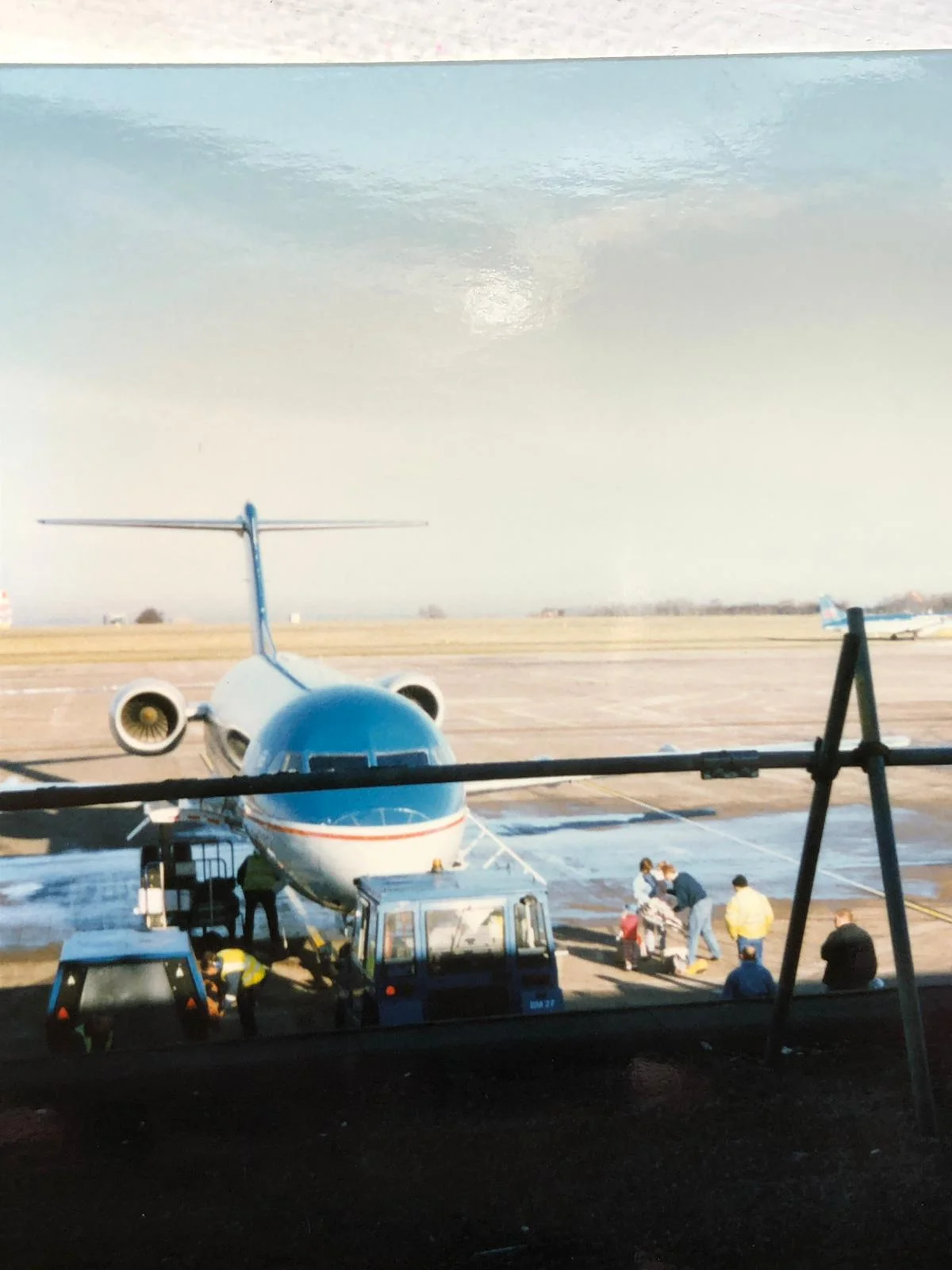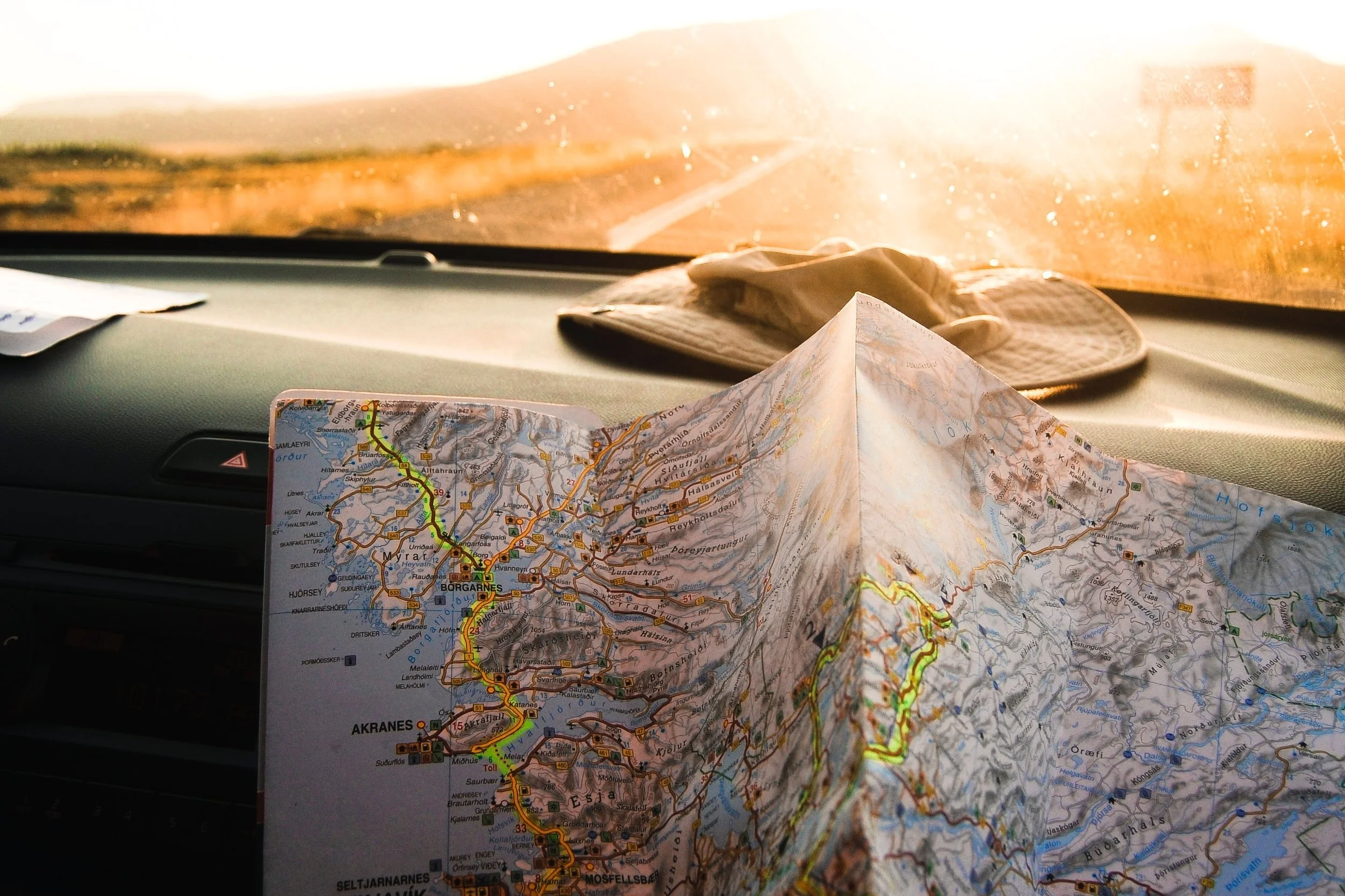It's more than Wanderlust
You know that feeling of itchy feet; opening up every travel deal email; scouring Skyscanner for prices too good to miss; daydreaming about your next adventure—the general craving of somewhere far-flung?
That’s ‘Fernweh’.
If you were to translate Fernweh into English, it’s equivalent would be the equally German ‘Wanderlust’. But while English speakers may have developed the meaning to be a desire to travel and see the world, even Wanderlust doesn’t capture the same spirit behind Fernweh.
Fernweh is the craving to see more of the world, to explore ancient history, to see varied wildlife and unfamiliar lands—it’s more than the great desire to travel, it’s the ache for far-away places, that feeling of wanting to travel so much it hurts.
Fernweh directly translates to an ache for the far-away: it’s the opposite of being homesick. It’s wanting to leave everything you know so well and dive into the unknown; it’s that emptiness you feel after coming home. It’s wanting the new, the scary, the potential, and it isn’t something that just goes away.
This feeling lingers; it takes root in the soul and propels you to seek new adventures. It’s the itch that can only be scratched by getting out there and exploring; nothing can cure that ache but adventure. ‘Weh’ means ‘pain’ or ‘suffering’ and adds that element of yearning and pining. Wanderlust is impulsive and dreamy; Fernweh is longing and devouring.
It’s the yearning for new experiences and emotions; faces you don’t recognise; languages you don’t understand; streets that make you stop and change direction. It’s ambiguous yet so specific and it’s a life-long affliction. Fernweh encapsulates a voyager’s heart: it’s the difference between tourist and traveller.





‘Travel is the only thing you spend money on that makes you richer.’ Ummmm…